Conversation with Giuliana Perrone
In today's Muster post, JCWE Book Review editor Megan Bever has a conversation with Dr. Giuliana Perrone. Dr. Perrone is an associate professor at the University of California, Santa Barbara and is the author of Nothing More than Freedom: The Failure of Abolition in American Law (Cambridge University Press, 2023) ...
Read More
Read More
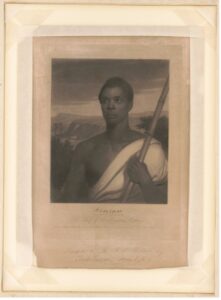
Teaching the Civil War: Disrupting the Conventional Antislavery Narrative and Engaging Students in Visual Analysis
This post is the first in a new Muster series that will highlight innovative ways that classroom instructors have approached teaching the Civil War era. Today's post is written by Professor Bonnie Laughlin-Schultz and offers a creative approach for introducing students to a more expansive vision of the antislavery movement ...
Read More
Read More

Editors’s Note for June 2023 JCWE
Our June issue reinforces our sense that the field of the Civil War Era remains a wide-ranging, creative site of engaged scholarship. The pieces in this issue span from slavery to the present day, delving into concrete historical details and the persistent narratives that shape our encounters with the past ...
Read More
Read More
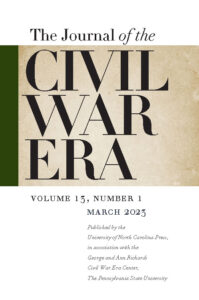
Editors’ Note for March 2023 JCWE
Welcome to the first issue of the 2023 volume of the Journal of the Civil War Era. The issue features three research essays and a review essay that highlight the journal's broad geographical, chronological, and topical coverage. We present articles that take us from the antebellum North to California to ...
Read More
Read More

For the Cause of Freedom: William Still and Abolitionist Data Collection
Emeline Chapman faced a difficult choice in the summer of 1856. As an enslaved woman in Washington, D.C., Chapman and her husband John Henry were raising a young family while enduring the daily struggles of enslavement. Chapman’s enslaver, Emily Thompson, profited by regularly hiring her out to different White residents ...
Read More
Read More
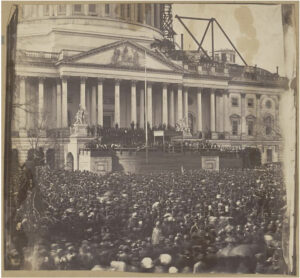
“An Earthquake”: Lincoln’s First Inaugural, Fugitive Slave Rendition, and Virginia’s Secession
[Editor's Note: This article is adopted from Evan Turiano’s forthcoming “‘Prophecies of Loss’: Debating Slave Flight During Virginia’s Secession Crisis,” which will appear in the September 2022 issue of the Journal of the Civil War Era. The Virginia secession convention was set into motion on November 15, 1860, barely a ...
Read More
Read More

Isaac Julien’s “Lessons of the Hour” and the Many Visions of Frederick Douglass
Hired out to the brutal Edward Covey, a young Frederick Douglass worked to exhaustion during the week and spent Sundays “in a sort of beast-like stupor, between sleep and wake, under some large tree,” alternating between flashes of “energetic freedom” and “mourning,” he wrote in his Narrative. Beyond the woods, ...
Read More
Read More
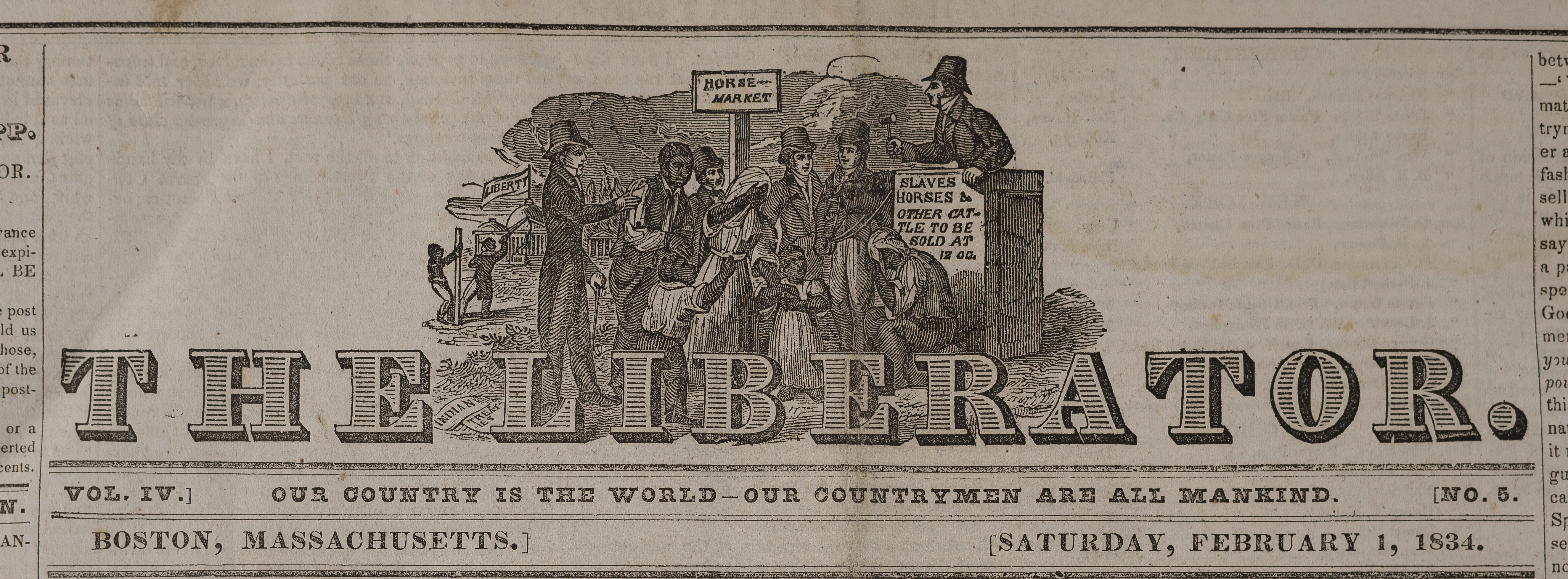
Teaching the Intersection of Abolitionism and Indian Rights
Though abolitionists advocated for both the slave’s cause and the Indian’s cause before the Civil War, their concern for Native American rights is not well understood. This is partly due to the fact that while scholars recognize abolitionist opposition to Indian removal, abolitionist support for Indian rights is seen as ...
Read More
Read More

Author Interview: Joseph Yannielli
Today we share an interview with Joseph Yannielli, who published an article in our special issue on abolition in June 2018, titled “Mo Tappan: Transnational Abolitionism and the Making of a Mende-American Town.” Joseph is a lecturer in Modern History at Aston University. His work can be found in the ...
Read More
Read More
Editor’s Note: June 2018 Issue
When Judy Giesberg asked me to guest edit a special issue on abolition and solicit essays that would showcase new directions in abolition studies, I welcomed the opportunity. For a field that has been ploughed thoroughly—from global syntheses of the transition from slavery to freedom in the western world by ...
Read More
Read More
Two Visions of Abolition and Emancipation: An OAH “State of the Field” Roundtable
Today we continue our series of reports on the recent Organization of American Historians annual meeting with a concise summation of a lively discussion on abolition and emancipation, recorded by Evan Turiano. Our first report from the 2018 meeting can be found here and the final report on the Confederate monuments ...
Read More
Read More

Abolitionists’ Radical Empathy: A Message for Today
We live in weird times. Our president delivers policy statements by midnight tweet, and the opposing political party seems poised, at least this week, to recruit their own TV star to run against him in the next election. Recreational marijuana use is now at least partly legal in twenty-nine states, ...
Read More
Read More
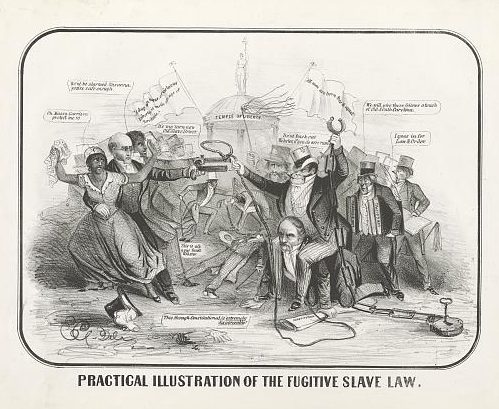
States’ Rights and Antislavery Activism
Michael E. Woods, associate professor of history at Marshall University, has joined our team of Muster correspondents. He is the author of two books and several articles about politics in the antebellum period. Here he offers his first Field Dispatch. Let us know what you think in the comments! The ...
Read More
Read More
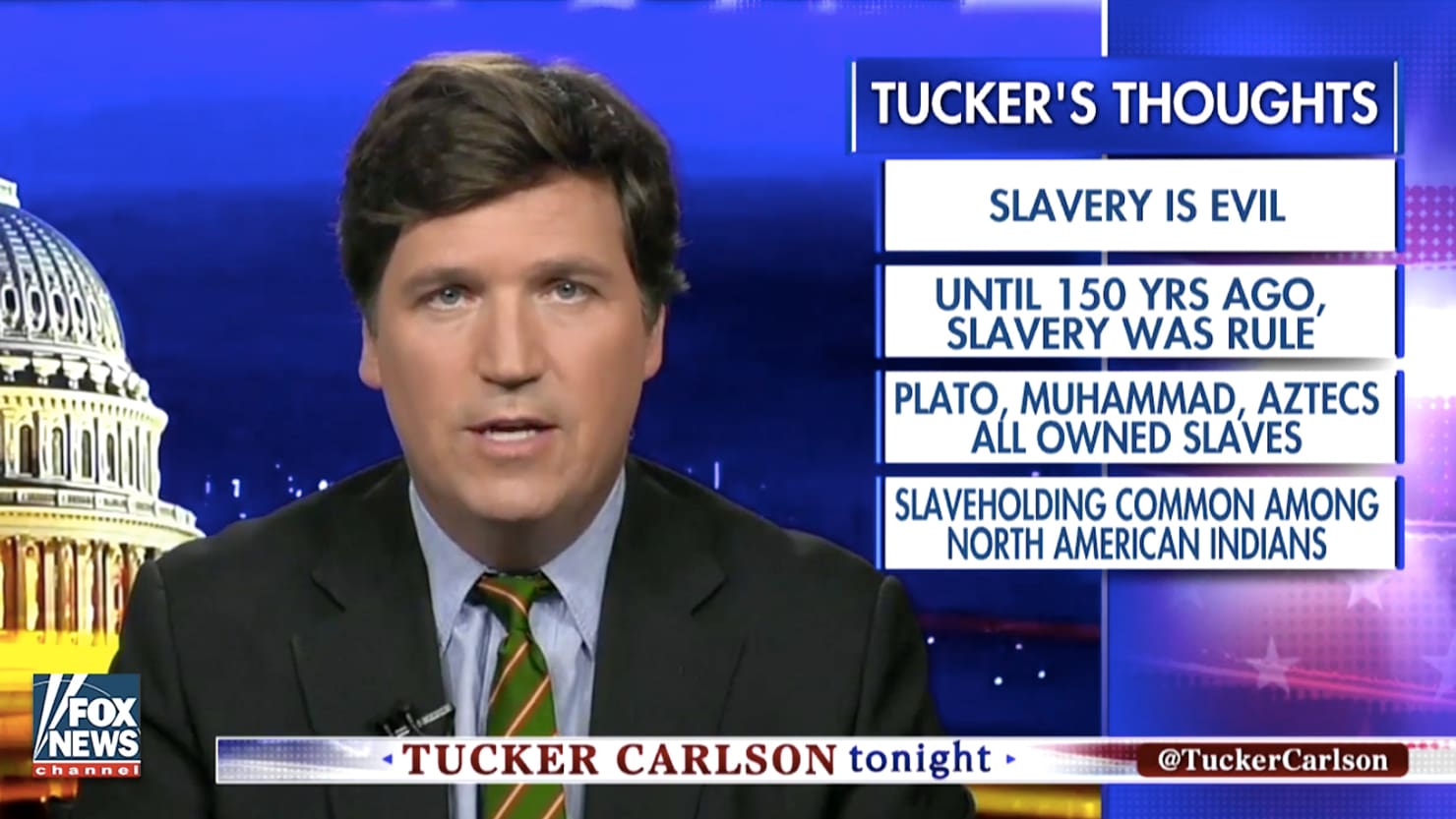
Tuckered Out: Let’s Correct the Record on the History of Slavery and Abolition
The contemporary moment is witnessing a disgraceful outpouring of violent racism, emboldened by an erratic President who has made the White House a bully pulpit for white supremacy. As disheartening as this is, it is occasioning an extraordinary amount of history education, as scholars and commentators work feverishly to counter the ...
Read More
Read More
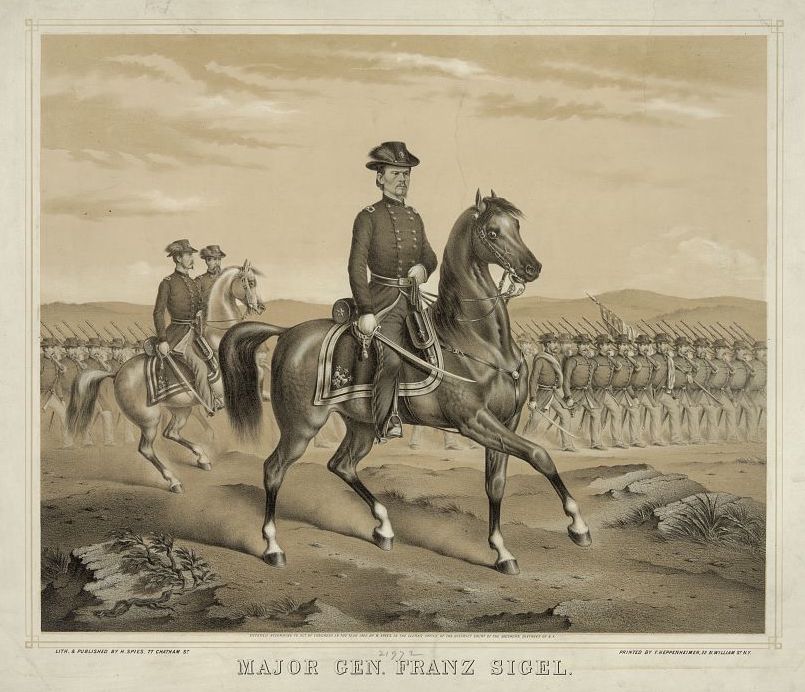
“Out of Pure Patriotism I Have Taken Up This Service”: Political Refugees in the American Civil War
We are currently living through what could well be considered the worst refugee crisis since the Second World War. With over sixty-five million forcibly displaced people worldwide, the question arises how the history of political refugees can inform current policy-making today. Historical analogies often conceal as much as they reveal, ...
Read More
Read More

Habeas Corpus, the Fugitive Slave Law, and Executive Authority
Last month, President Donald Trump issued an executive order prohibiting the entry of refugees or visa holders from seven Middle Eastern nations. It went into effect while some foreign nationals were in transit, thus they arrived in a different America than the one they had expected. Among these were two ...
Read More
Read More
